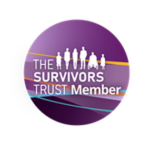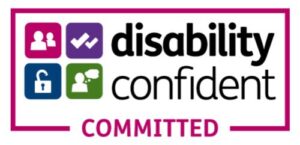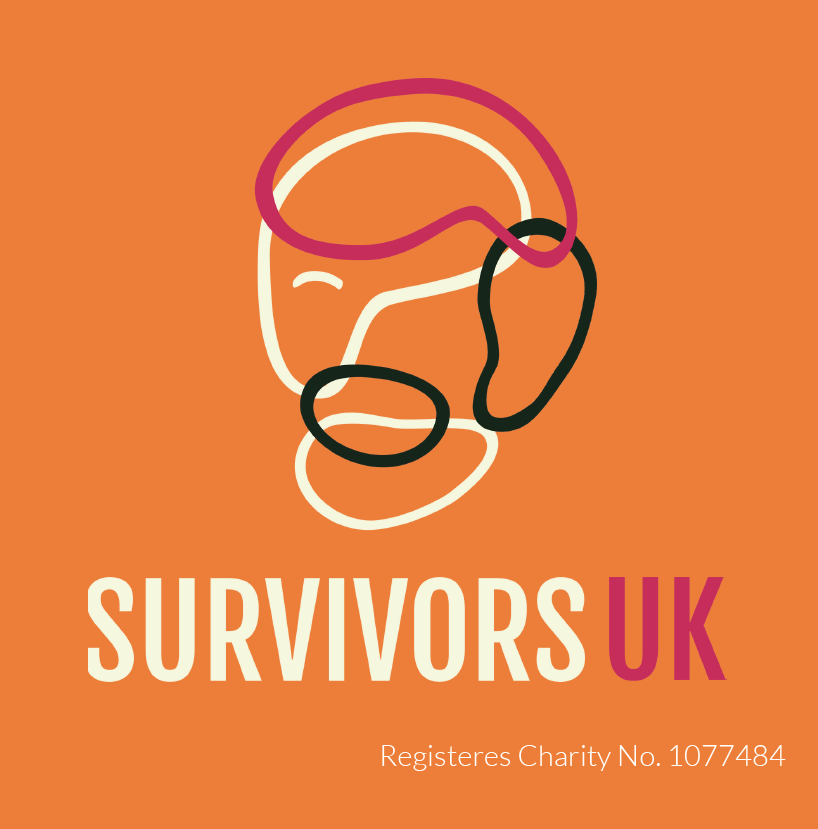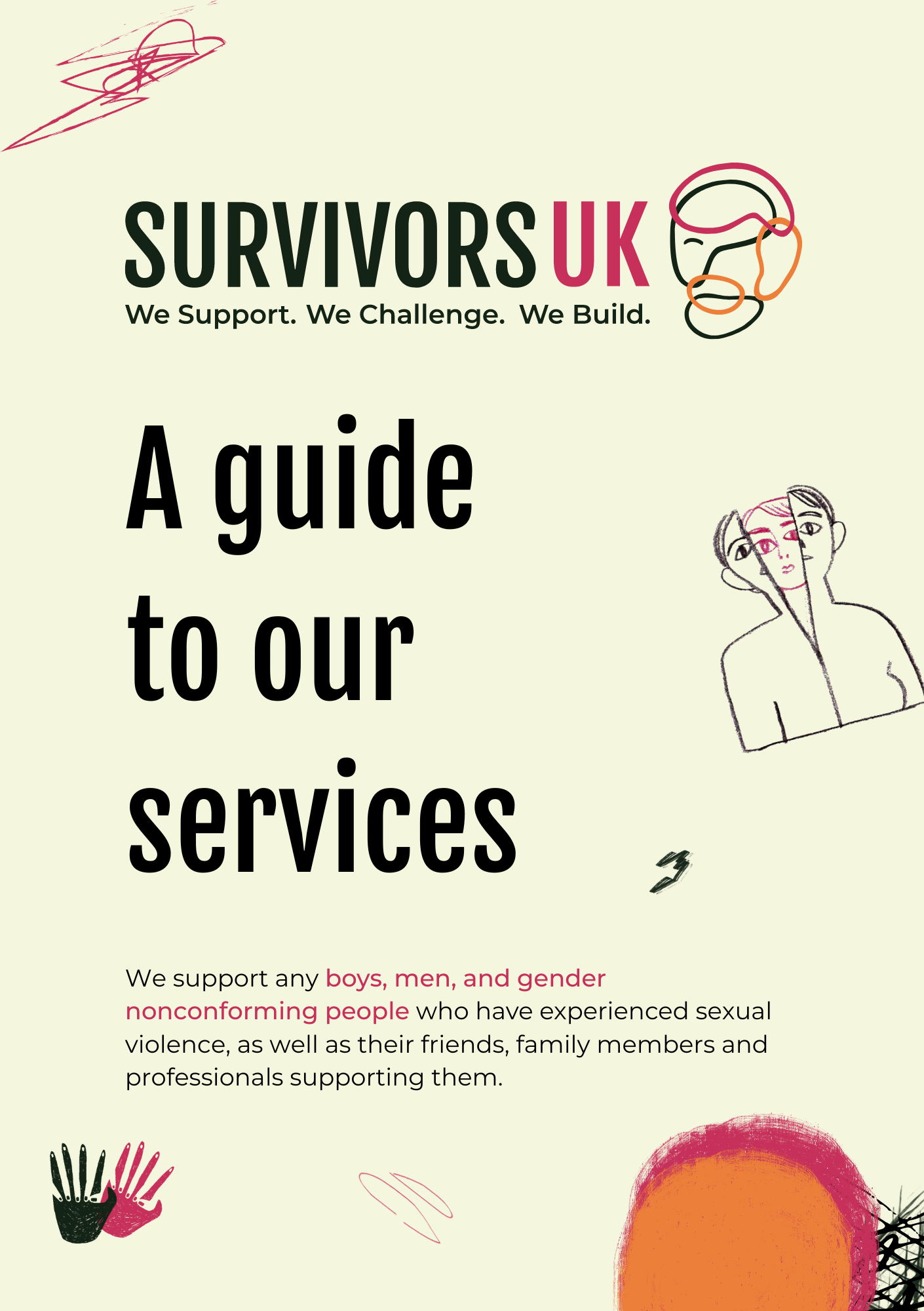Introductory one-day training course on understanding and working with male sexual abuse and violation, suitable for professionals from a wide range of backgrounds (such as social workers, teachers, police, prison staff, counsellors, psychotherapists, nurses).
Trainer: Dr Katherine Cox
Lunch provided.
Rates
Large organisations £150 per person (or £120 pp for 3+ bookings)
Small organisations or individuals £100 per person (or £75 pp for 3+ bookings)
Dates
Saturday 23 May 2020
10am to 4pm

